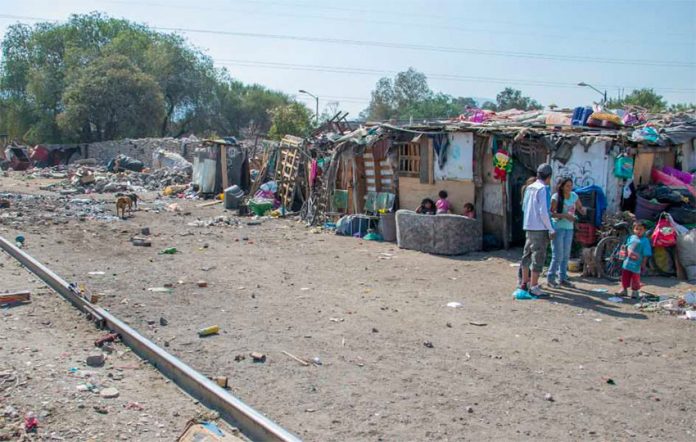President López Obrador is seeking to put government money where his mouth is, asking Congress to approve anti-poverty spending of almost half a trillion pesos in order to fulfill his promise to put the nation’s poor first.
The government’s 2020 budget, delivered to Congress by Finance Secretary Arturo Herrera on September 8, outlines spending of just over 470.6 billion pesos (US $24.3 billion) on more than 25 programs designed to alleviate poverty.
More than 52 million Mexicans – about 40% of the total population – live in poverty, according to the social development agency Coneval, including 9.3 million people who live in situations classified as extreme.
In an attempt to reduce those figures, the government is seeking to lift spending on seven key anti-poverty programs in 2020 to 192.8 billion pesos, a 33% increase over this year.
One of the programs on which spending will increase, pending approval by Congress, is the pension scheme for the elderly.
The López Obrador government is seeking 126.7 billion pesos to pay the pensions of 6.8 million senior citizens next year, an increase of 26.7% compared to the 100 billion pesos allocated to the program in 2018. Proposed spending on old-age pensions accounts for more than 25% of total anti-poverty expenditure outlined in the 2020 Economic Package.
The budget also proposes spending 72.5 billion pesos on the universal health care scheme known as Seguro Popular, 30.5 billion pesos for a scholarship scheme for primary and middle school students and 18.7 billion pesos for the Sembrando Vida (Sowing Life) tree-planting program.
Spending on the pension program for people with permanent disabilities is set to increase by 66% to 11.6 billion pesos, while the outlay on two education programs whose aim is to improve learning conditions at schools and help impoverished students overcome educational deficiencies is proposed to increase by 53% to 35.8 billion pesos.
The government plans to allocate 324,000 scholarships in 2020 to young people who enroll in the “Youths Building the Future” employment program and has proposed spending more than 12 billion pesos to support the achievement of food self-sufficiency in rural areas.
Anti-poverty funding will go to several federal secretariats including Welfare, Education, Health, Agriculture, Communications and Transportation and Agrarian Development and Urban Planning.
Just over 110 billion pesos is earmarked for state and municipal governments so they can implement local anti-poverty programs, while the new National Institute of Indigenous Peoples will also receive resources to tackle social and economic disadvantage in marginalized communities across the country.
Source: El Universal (sp)
